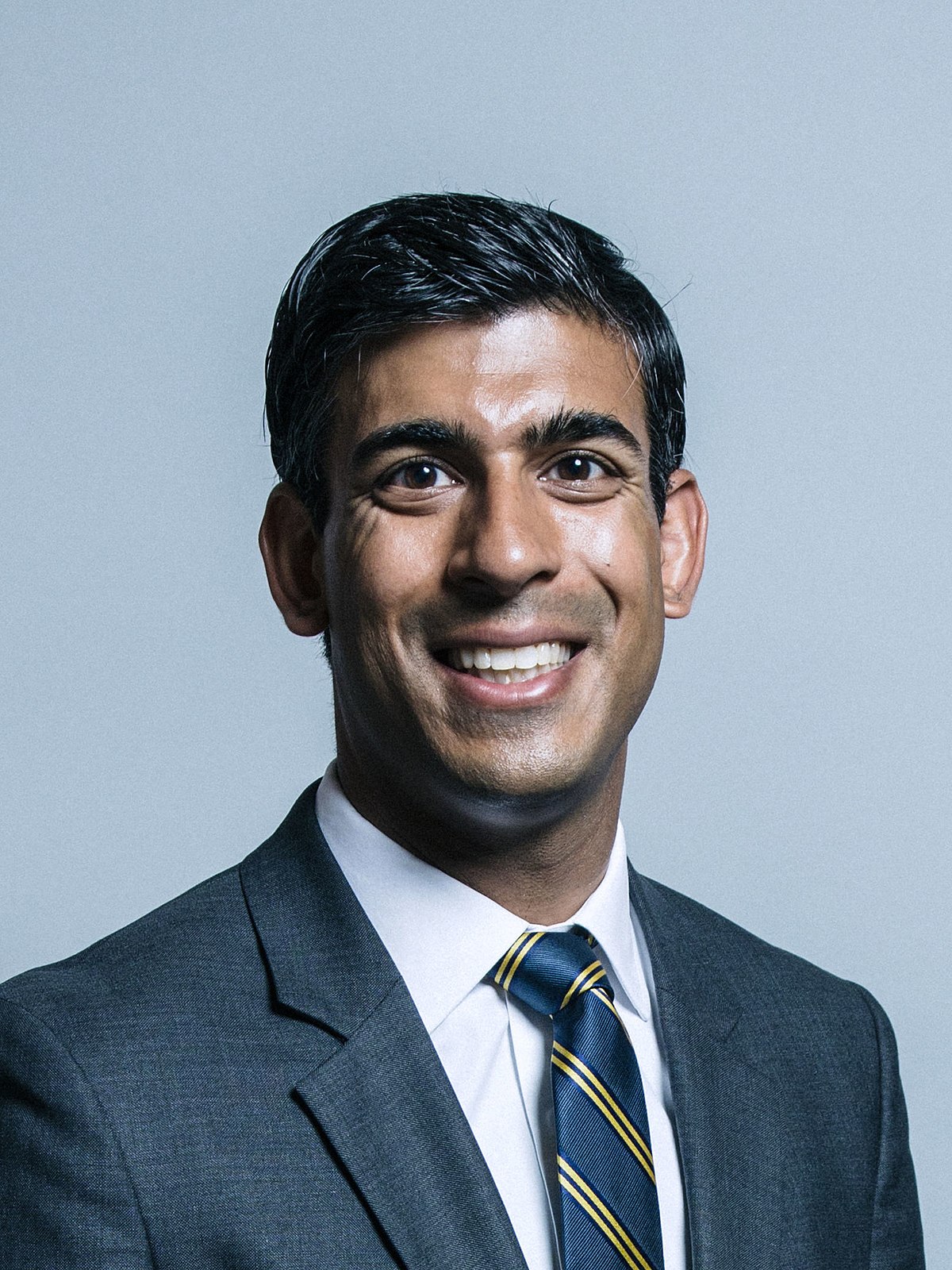Sunak’s confident commentary on the conflict has been applauded, demonstrating he is more than a bean counter and added weight to the epithet PM Johnson is waiting for.
London: Chancellor Rishi Sunak’s introduction to his Spring Statement was a prologue about the situation in Ukraine, the dire conditions for civilians, the bravery of Ukrainians, the gratitude for UK security, the freedom to be dynamic in the face of divisions, the moral responsibility to impose severe costs on Putin’s regime and provide a route to safety for refugees; he listed the sanctions coordinated with allies. In a video vignette on 13th March Sunak called on firms to stop investing in firms that would in any way support the Putin regime, he praised firms already divesting and committed to supporting them, he quoted Prime Minister Boris Johnson saying that “diplomatically, politically, economically and eventually militarily this hideous venture of Vladimir Putin must end in failure”.
Sunak said that although the UK is proud to stand with Ukraine, it is not cost-free for the UK. The Office for Budget Responsibility says it is too early to know the full impact of the war on the UK’s cost of living and cost of energy, inflation could average 7.4% in 2022.
Sunak’s confident commentary on the conflict has been applauded, demonstrating he is more than a bean counter and added weight to the epithet PM Johnson is waiting for. However his other epithet “son in law of India’s richest Indian” has been a bane this week.
Jayne Secker of Sky News dragged his wife’s, Akshata Sunak (née Murthy), interest in her Indian family’s firm Infosys, into a news bulletin suggesting that Infosys were not following UK government advice and was profiting from business operations in Moscow. Sunak said he had no idea and as he had nothing to do with Infosys.
Later he said it was fine to take shots at him but not fair game to take shots at his wife, both of which are considered reasonable arguments. But Secker’s questioning has raised the issue of what interests Sunak declares on the Ministerial Register, ministers are urged to declare any of their own, and their spouses’ interests, that could be a potential source of a conflict of interest. In the List of Minister Interests, Sunak appears to be in a “Blind Trust/ blind management arrangement” whether as trustor or trustee is not clear, and Akshata Sunak is listed as owning “a venture capital investment company, Catamaran Ventures UK Ltd.”. Blind trusts are often established in situations when individuals want to avoid conflicts of interest between their employment and investments.
Before the Ukraine crisis interests in Infosys would not have been considered any potential for a conflict of interest.
The issue might be a side effect of India’s neutrality in the UNGA votes about Ukraine, a sort of vicarious/vicious punitive action against India. It is also because some left-wingers in the UK have a reverse snobbery against affluence, they believe that people with money or private education are not qualified or capable of looking after poorer people.
So who is Rishi Sunak? According to insiders Sunak was parachuted in as the candidate for William Hague’s Yorkshire seat of Richmond in 2015, and successfully elected with a 64% majority, which he has maintained. Previously he had enjoyed an international career in finance, focussing on helping small and entrepreneurial British companies grow successfully. He has also written several reports for conservative think tanks: A Portrait of Modern Britain (Policy Exchange, 2014), The Free Ports Opportunity (Centre for Policy Studies, 2016), and A New Era for Retail Bonds (Centre for Policy Studies, 2017). For Policy Exchange Sunak seems to have been focussed on defining the UK’s Black and Ethnic Minority communities, how to get politicians to understand their differences, and ways in which Conservatives might win more ethnic minority votes as these communities become an increasingly significant part of Britain.
From being an unknown junior minister in the local government department, just seven months later at the age of thirty-nine, Sunak was Chancellor of the Exchequer, grappling with Covid, the gravest economic crisis in modern history. As the UK remerges from Covid this Spring Statement was not overly popular as it did not reduce taxes and the growth rate of spending; it did introduce three big cost-saving measures for the population: fuel duty cut for 12 months, energy-saving home installations will be VAT free, and household support funds were increased for vulnerable families.
At first, everyone claimed a slice of Rishi, Kenyans were proud of his parental Kenya roots, Indians were delighted the UK had an Indian origin Chancellor, Rishi himself was/is proud to be British and Britain was/is proud of him. For a long while he was top of the pops, but now which epithet will stick? Those who have heard met him and heard him talk say he is all over the figures and the detail, he is confident, straightforward and genuine, now we know he can reflect on international situations but as yet he has never articulated a political vision.

